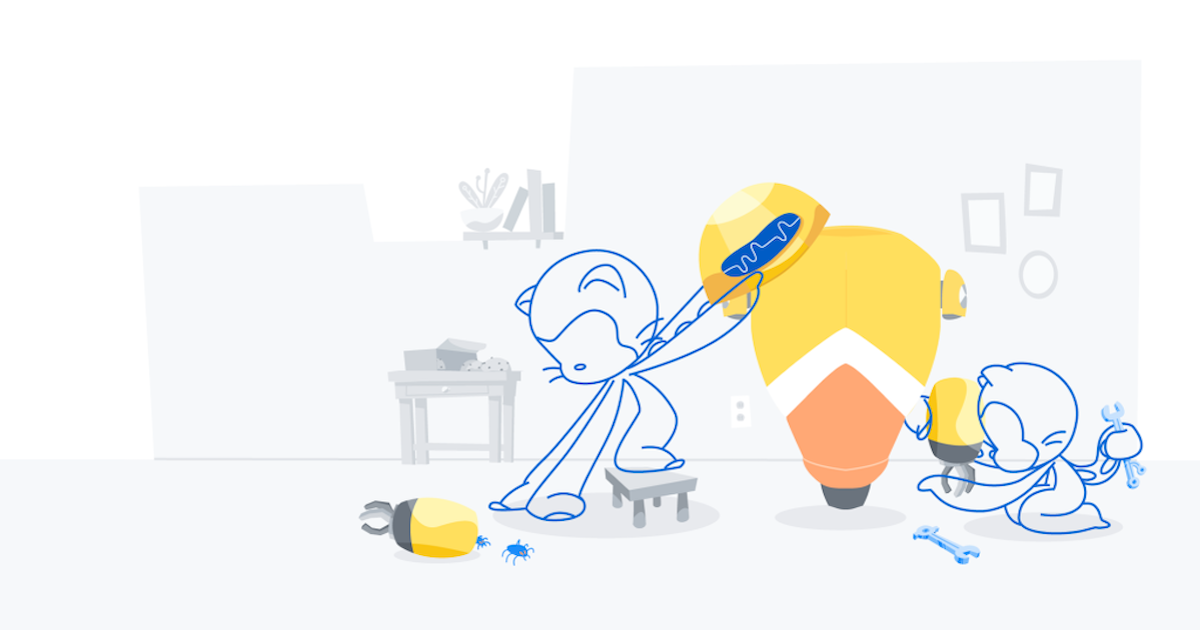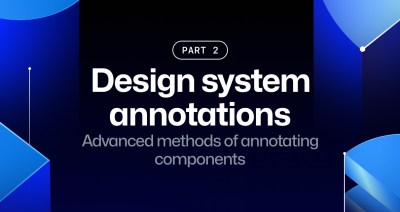Improving the GHES release process: release candidates
In our ongoing “Building GitHub” series, we talk about some of the projects we’re working on to improve how efficiently we build GitHub, as well as increase GitHub’s availability, stability,…

In our ongoing “Building GitHub” series, we talk about some of the projects we’re working on to improve how efficiently we build GitHub, as well as increase GitHub’s availability, stability, and resilience. We know how important the stability of our platform is for developers and enterprises, and it continues to be a priority area of investment across GitHub.
In that spirit, we want to share a change in how we make new feature releases available to our GitHub Enterprise Server customers. This change will take effect with our next release, and we hope this increases our collaboration with our GHES customers and improves our release process.
What are Release Candidates?
Release candidates, or RCs, are builds that allow our GitHub Enterprise Server customers to try the latest release early. These RCs are a way for us to work with our customers on bugs and issues that will be used to improve the quality of every release.
Working in the open like this is the best way for us to collaborate with our customers to improve GitHub Enterprise Server and ensure that we are delivering a product that meets and (hopefully) exceeds expectations.
The Release Candidate Process
What can I expect with this new process?
Customers can start testing an RC as soon as it’s available, and release notes will accompany each RC. We expect each feature release will have one or more RC versions (eg. 2.22.0.RC1, 2.22.0.RC2), with each new version adding bug fixes for issues found in prior versions. The number of RCs will be driven by customer feedback, and we’ll decide based on quality and customer feedback when to publish and make generally available a final production release.
RCs can be upgraded to and from GA releases. They should be deployed on test or staging environments.
Customers that test RCs can raise issues with GitHub Support. Each RC is supported while live, but is not included in long-term support.
What does this mean for other releases?
- Production releases will continue to be numbered as they are today (2.20, 2.21, etc.)
- Patch releases will not be released as RCs
With this new RC process, testing and feedback from our customers will be critical. We’re confident this will help us improve GitHub Enterprise Server, together. We’ll have more to share about upcoming RCs at GitHub Universe next week. Make sure you tune in!
Tags:
Written by
Related posts

How GitHub engineers tackle platform problems
Our best practices for quickly identifying, resolving, and preventing issues at scale.

GitHub Issues search now supports nested queries and boolean operators: Here’s how we (re)built it
Plus, considerations in updating one of GitHub’s oldest and most heavily used features.

Design system annotations, part 2: Advanced methods of annotating components
How to build custom annotations for your design system components or use Figma’s Code Connect to help capture important accessibility details before development.